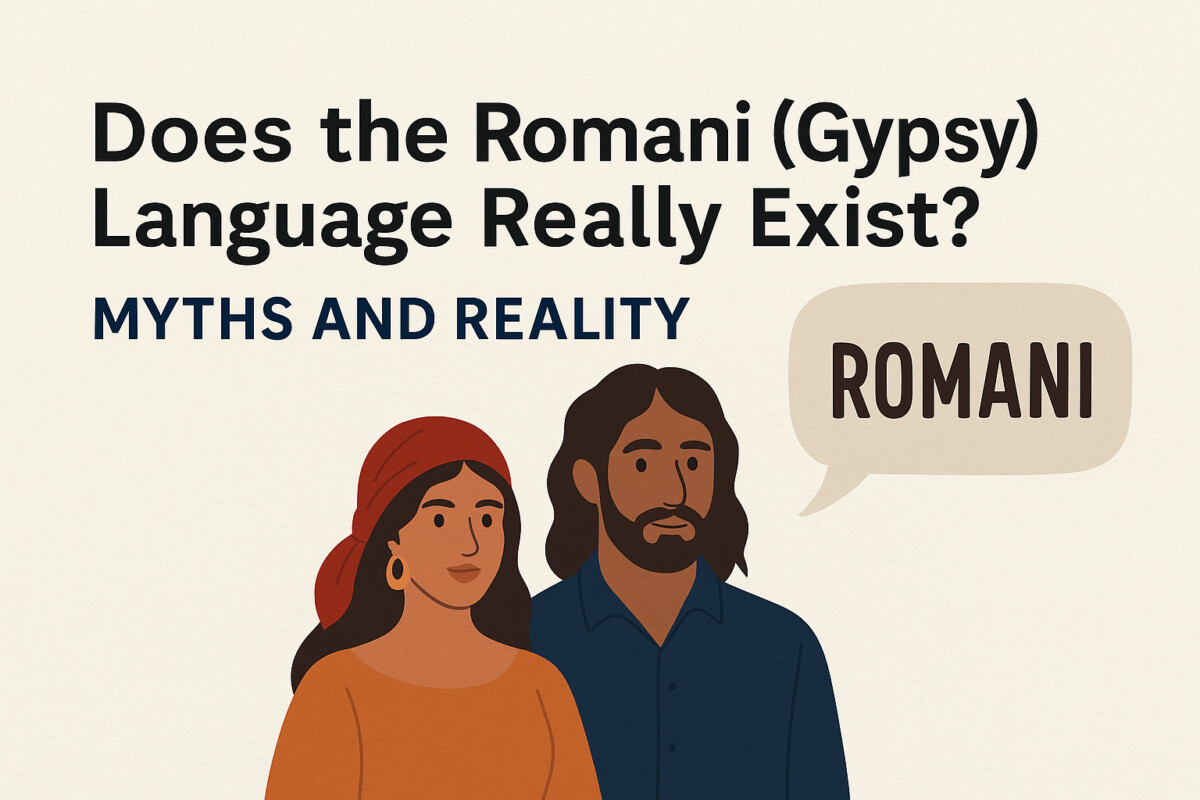When a Man Sings a Lullaby
In cultures where lullabies are usually sung by mothers, Sergey Kurenkov’s “Little Princess” sounds unique.
It is not just a song — it is a document of tenderness, a father’s voice dedicated to his daughter.
Kurenkov in the early 2000s was about 35 years old — not a youth, not yet an elder. His voice carried the exact life experience that made such words possible:
«И пусть приснится, что ты принцесса из красивого волшебного леса…»
“And may you dream that you are a princess from a beautiful enchanted forest…”
This is more than a metaphor. It is the elevation of a child to a fairy-tale wonder, the father creating an entire world of safety and magic around her.
The Language of Tenderness in Symbols
The lyrics are filled with images that act as “keys” to a child’s world:
🌸 «По дороге из цветов доченька к нам пришла»
“Along a road of flowers, our little daughter came to us.”
→ Birth as a joyful journey, not just an event.
🚂 «Голубой бежит вагон, когда наша кроха спит»
“A blue carriage runs when our little one sleeps.”
→ A cultural allusion to childhood songs (“Goluboy Vagon”), untranslatable without explanation, but evoking innocence and dream-travel.
👑 «Ты принцесса из красивого волшебного леса»
“You are a princess from a beautiful enchanted forest.”
→ A child is not only loved, she is imagined as a character in a magical realm.
👁 «Глазки, словно васильки, хитренько на нас глядят»
“Your little eyes, like cornflowers, glance at us playfully.”
→ Poetic intimacy; in English, “cornflower eyes” keeps the softness better than “blue eyes.”
📜 «И пусть сейчас ты белый листок, нарисуй на нём свой сон»
“And though now you are a white sheet, draw your dream upon it.”
→ The symbol of a child’s unwritten future — open, fragile, full of possibility.
🛡 «Ничего тебе бояться не надо, если мама и папа рядом»
“There is nothing you need to fear, as long as mama and papa are near.”
→ A father’s voice as both shield and lullaby.
Translation: What Is Lost and What Survives
🌍 English
Isn’t she lovely? Isn’t she wonderful?
(Stevie Wonder, 1976)
Joy and pride, but less fairy-tale imagery. English celebrates more directly, less symbolically.
🎶 German
Guten Abend, gut’ Nacht, mit Rosen bedacht…
(Brahms’ lullaby)
A solemn, prayer-like form — the child is not personalized. Tenderness is formalized.
📖 Spanish
Duérmete, mi niña, duérmete ya…
(Traditional canción de cuna)
Warm but ritualized. The tenderness is there, but with fewer metaphors, relying on repetition and rhythm.
🌿 Ukrainian
Ой ходить сон коло вікон, а дрімота — коло плота…
(Folk lullaby)
Sleep personified as a character visiting the child. Rarely sung by fathers, which makes Kurenkov’s song stand out even more.
Languages and Cultures Compared
- In English — joy and pride.
- In German — solemn tradition.
- In Spanish — ritual and repetition.
- In Ukrainian — folklore and personification.
- In Russian (Kurenkov) — the father as protector and storyteller at once.
👉 Read this article in other languages:
For Language Learners
Songs like this are not only cultural artifacts — they are teaching material:
- they show how languages express love differently;
- they highlight diminutives, imagery, and metaphor;
- they reveal what can and cannot be translated;
- they train us to search for meaning, not just words.

Recommended Reading
- Learning Spanish is Easy: Your Path to Fluency Online
- German Exam Preparation Online: How Tutors Help You Pass Goethe, TestDaF and Telc
- English Conversation Practice: Overcome Fear and Speak with Confidence
Learn Languages with Us
- Learn English Online
- Studying German Online Made Simple
- Learning Spanish with a Tutor
- Choose your language
📌 Author’s Column by Tymur Levitin
Author’s work by Tymur Levitin — founder, director, and head teacher of Levitin Language School (Start Language School by Tymur Levitin).
🔗 Tymur Levitin’s Teacher Profile
© Tymur Levitin
























